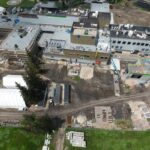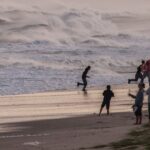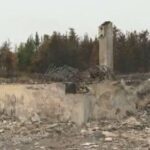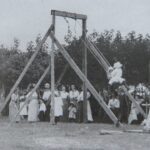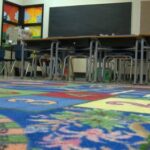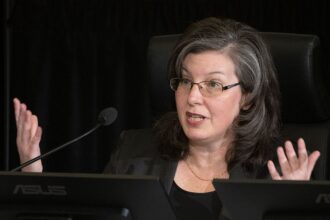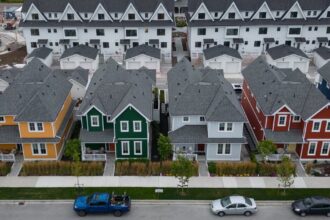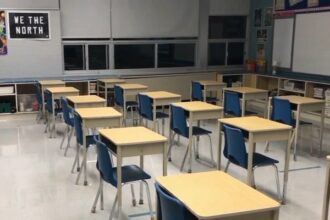The hallways of Ontario schools, once considered safe spaces for learning and growth, have become increasingly hostile environments for Jewish students since the October 7 Hamas attack on Israel. A troubling federal report released this week documents hundreds of antisemitic incidents targeting students across the province, revealing a disturbing pattern that educators and community leaders are struggling to address.
“What we’re seeing isn’t just isolated incidents—it’s a systematic pattern of harassment that’s fundamentally altering how Jewish students experience education,” says Daniel Koren, executive director of Hasbara Fellowships Canada, who has been tracking these reports since last fall. “Students are being cornered in hallways, verbally assaulted, and in some cases physically intimidated simply for their Jewish identity.”
The comprehensive report, compiled through interviews with students, parents, and school administrators across Ontario, details incidents ranging from Holocaust jokes and Nazi symbolism to more direct threats. In one particularly alarming case, Jewish students at a Toronto-area high school reported being followed home by groups shouting antisemitic slurs. At another school, a student’s locker was vandalized with swastikas and threatening messages.
School boards across the province have implemented varying responses to the surge in antisemitism. The Toronto District School Board has established new reporting protocols and educational initiatives, while smaller districts outside major urban centers often lack the resources for comprehensive approaches. This inconsistency has created what the report calls “protection gaps” where Jewish students in certain schools feel particularly vulnerable.
What’s particularly concerning to experts is the normalization of antisemitic rhetoric. “We’re witnessing language and behavior that would have been unthinkable in Canadian schools just a year ago,” notes Dr. Karen Goldstein, an education policy researcher at the University of Toronto. “The line between legitimate political discourse about the Middle East and outright antisemitism has become dangerously blurred in many educational settings.”
The report also highlights how social media has amplified these incidents, with antisemitic content spreading rapidly through platforms popular among students. Screenshots included in the documentation show group chats where Jewish students were excluded or targeted with hateful memes and messages. This digital dimension makes the harassment particularly difficult to escape, as it follows students from school to home.
Parents of Jewish students report making difficult decisions about their children’s education in response to these developments. “We’ve seen families switching schools, hiding their Jewish identity, or even considering homeschooling,” says Rebecca Stern, who leads a support group for parents of affected students. “No child should have to choose between their safety and their cultural identity.”
Educational authorities face significant challenges in addressing the surge. Many teachers report feeling unprepared to navigate complex discussions about the Middle East conflict while simultaneously protecting Jewish students from harassment. The report recommends comprehensive training programs for educators and clearer guidelines for distinguishing between political expression and antisemitic behavior.
Community organizations are stepping in to fill the gaps. Several Jewish community centers across Ontario have established after-school programs specifically designed to support students experiencing antisemitism, offering both emotional support and practical strategies for responding to incidents.
As the new school year approaches, the question remains: will Ontario’s educational institutions develop the necessary frameworks to protect Jewish students while fostering respectful dialogue about complex global issues? The well-being of thousands of students may depend on the answer.
For more coverage on education issues across Canada, visit Canada News or follow our ongoing reporting on community relations at CO24 News.





